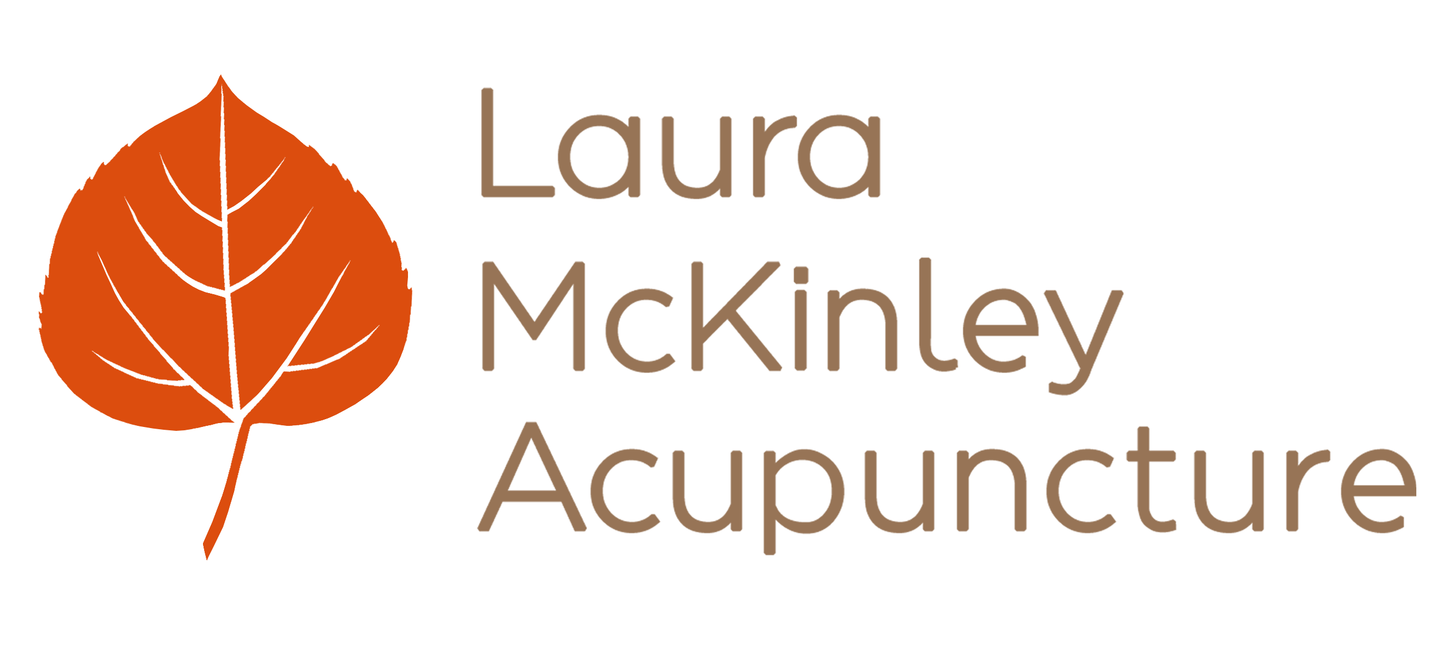Health Advocacy: Your Rights
/To be an effective health advocate for yourself or others, approach health care as business. After all, health care in the United State is business: we pay for services, and profit is involved.
With any business, there are basic rules of interaction. For example, when you wear shoes and a shirt to a restaurant at lunchtime, someone takes your order and brings you food. Learning the operating rules for health care, and how to work with them to meet your goals, is at the core of health advocacy.
Being aware of your rights and how the rules protect them empowers you to advocate on your own behalf. So, let’s review your basic rights in a health care situation.
You always have the right to ask questions.
- Asking questions is at the core of health advocacy.
You have a right to know your rights.
- If you don’t know if you have a particular right, like the right to see your chart, ask your provider.
- Read between the lines in these situations. If the answer is "it's best if your doctor looks over your chart with you," that means yes. It is your right. The institution may prefer that someone else be present, but it is your right to read the chart regardless.
You have the right to understand what the provider is saying.
- If your doctor is using words that are too big, say so plainly, “I don’t understand those words. Can you please use simpler language?”
- You want to receive the information in plain English; ask for and demonstrate how you would like to be spoken to.
You have the right to receive the doctor’s care, regardless of how long it takes.
- Whether you waited 2 months for an appointment or 2 hours at Urgent Care, you have the right to maximize your facetime with your provider.
- Many doctors are booked every 15 or 20 minutes. Often, if you are not finished by this time, someone will knock on the door to see if your doctor needs assistance. This is an attempt to speed up the process. Do not be intimidated. Continue asking your questions, and if the new person is a care provider, involve her/him in the conversation.
You have the right to have your questions answered to the best extent possible.
- If a doctor tells you results are nonconclusive, be sure to ask what they are trying to conclude. What would make something conclusive? What are we trying to rule out?
- Remember that doctors are regular people, too. If a doctor doesn’t know and tells you, “I don’t know,” this counts as answering to the best extent.
You have a right to see your chart.
- You always have a right to see your chart. Ask for it.
- If you are told that a provider must be present to look at your chart with you, ask for a provider to do so immediately. If no provider is available, ask when one will be free and remind staff that you have a right to look at your chart regardless of whether or not someone is present with you. This is your medical information.
- Once you have the chart, ask questions about what you do not understand.
You have a right to ask that things not be written in your chart.
- This does not mean, however, that you get to decide what is written in your chart.
- By law, some things must be recorded in your chart. Other items are reportable at your doctor’s discretion.
Want to know more about health advocacy? Learn about the basics here.


